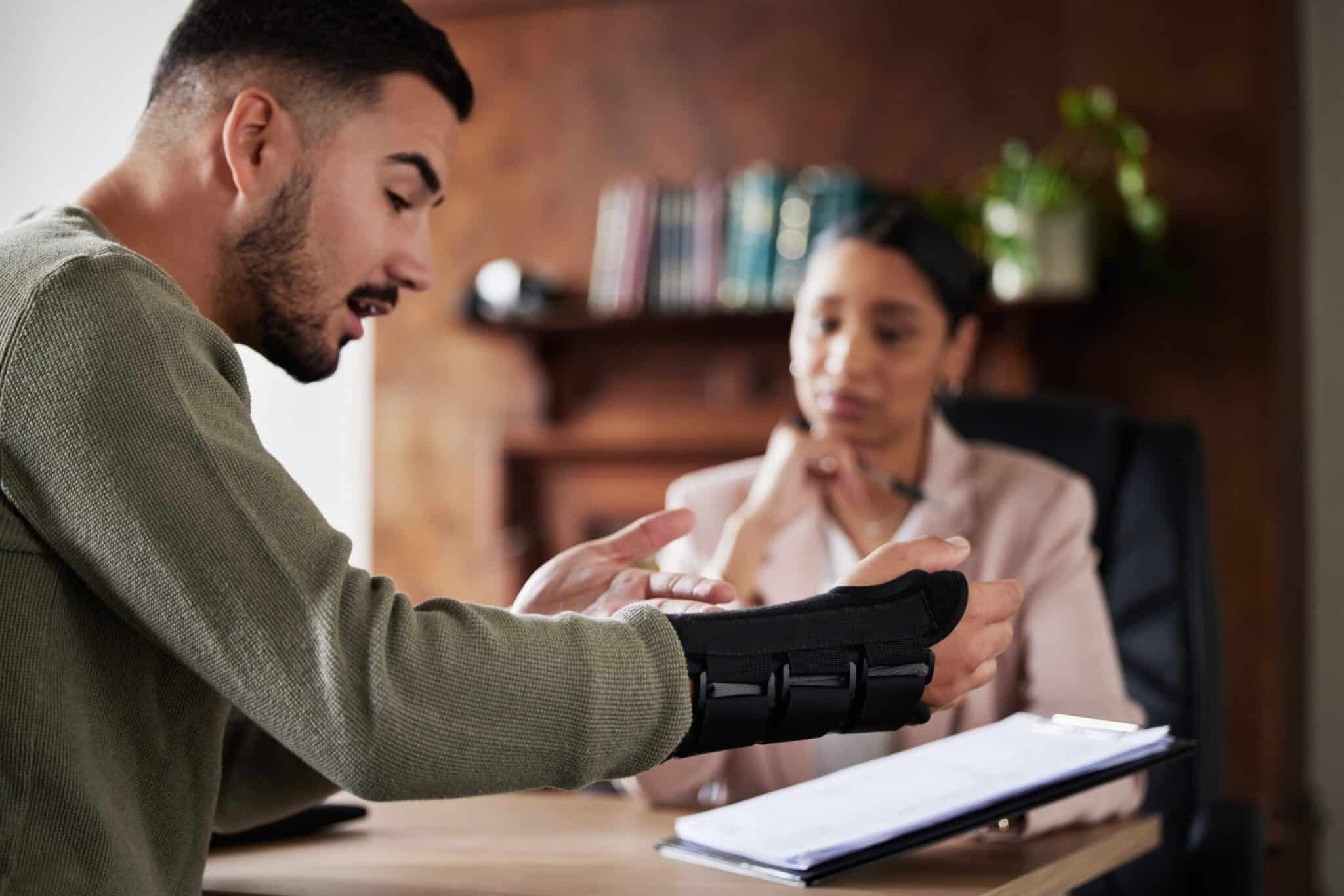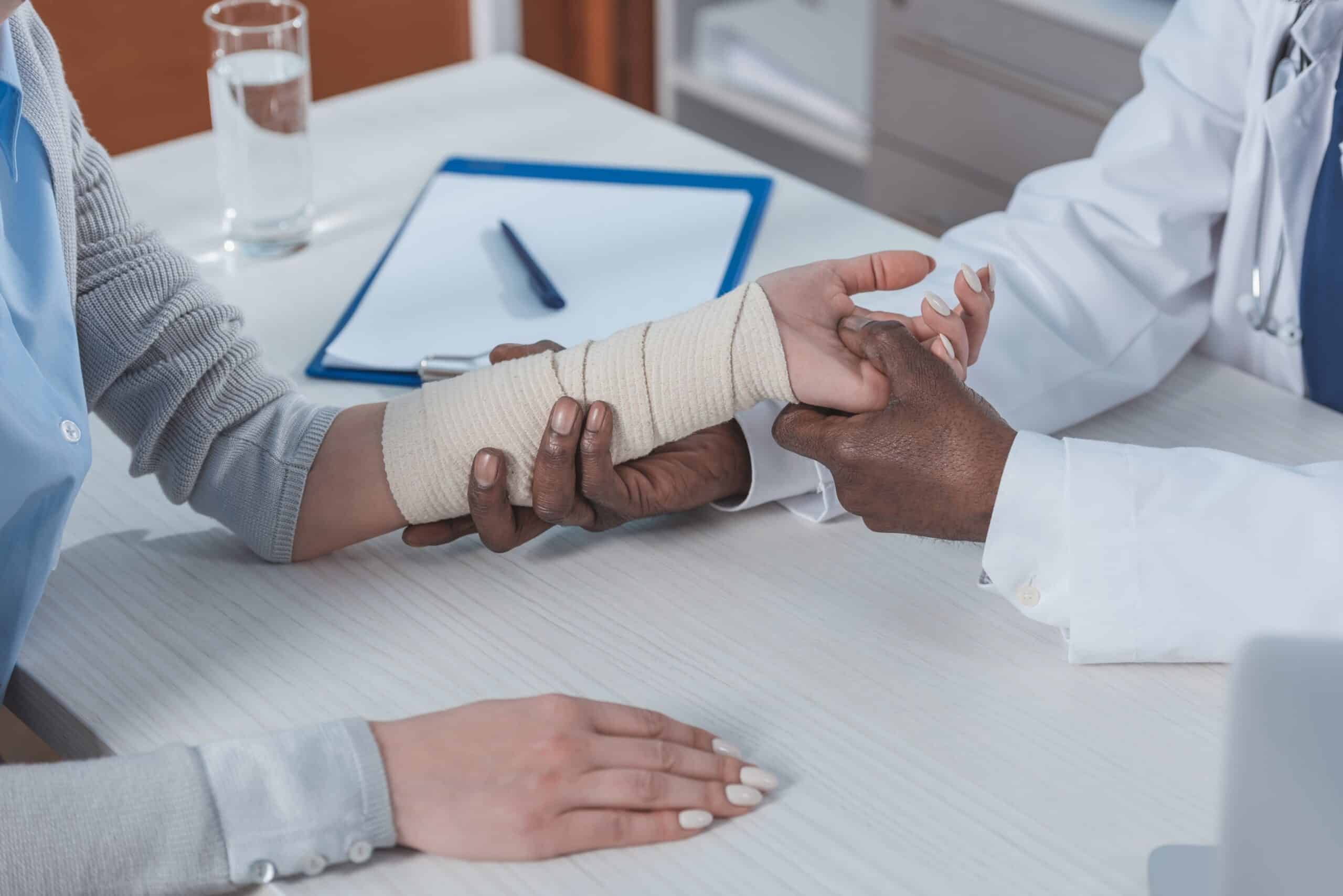How to Prepare to Testify in Your Own Personal Injury Case – Guest Post

Testifying in your own personal injury case can be one of the most important moments in the legal process. It is your opportunity to tell your story, explain how the injury has affected your life, and help the court understand the facts from your perspective. While the idea of speaking in court may feel intimidating, preparation can make a significant difference in how confident and credible you appear.
Whether your case is being heard in front of a judge or a jury, your testimony can influence the outcome. Being well-prepared not only helps you stay calm under pressure but also ensures that your account is clear, consistent, and persuasive.
Understand the Role of Your Testimony
Your testimony is not just about recounting what happened. It is about establishing the impact of the injury on your daily life, your ability to work, and your emotional well-being. The court will be looking for details that support your claim, such as the severity of the injury, the treatment you received, and any ongoing limitations.
You may be asked to describe the incident that caused your injury, your medical journey, and how your life has changed since. It is important to be honest and specific. Avoid exaggeration, and focus on facts that can be supported by medical records, witness statements, or other evidence.
Practice With Your Legal Team
One of the most effective ways to prepare is to rehearse your testimony with your attorney. They can help you anticipate the types of questions you might be asked, both by your own legal team and by the opposing counsel. Practicing aloud helps you become more comfortable with your narrative and reduces the likelihood of being caught off guard.
Your attorney may also conduct mock cross-examinations to simulate the courtroom experience. This can help you learn how to stay composed under challenging questioning and avoid giving answers that could be misinterpreted. If you are working with a personal injury lawyer in Orange County, CA or your area, they will be familiar with local court procedures and can guide you through what to expect.
Focus on Clarity and Consistency
When testifying, clarity is key. Speak slowly and clearly, and avoid using jargon or overly technical language. If you are describing medical treatments or diagnoses, use terms that are understandable to a general audience unless asked to elaborate.
Consistency is equally important. Any discrepancies between your testimony and previous statements, such as those given in depositions or recorded in medical records, can be used to challenge your credibility. Review your documentation beforehand and make sure your account aligns with the facts already presented in your case.
Manage Your Emotions
Personal injury cases often involve emotional topics, especially when the injury has had a profound impact on your life. While it is natural to feel emotional, it is important to maintain composure during your testimony. Emotional outbursts or visible frustration can distract from your message and may be viewed unfavorably by the court.
If you feel overwhelmed, take a moment to breathe and collect yourself. Judges and juries understand that these situations are difficult, and showing genuine emotion is not a problem as long as it does not interfere with your ability to communicate effectively.
Prepare for Cross-Examination
Cross-examination is the part of the trial where the opposing attorney asks you questions, often with the goal of challenging your credibility or weakening your case. This can be stressful, but preparation is your best defense.
Listen carefully to each question and take a moment before answering. Do not guess or speculate. If you do not know the answer, it is perfectly acceptable to say so. Avoid becoming defensive or argumentative. Staying calm and respectful, even under pressure, will help you maintain credibility and keep the focus on the facts.
Conclusion
Testifying in your personal injury case is a critical opportunity to share your experience and support your claim. With thoughtful preparation, guidance from your legal team, and a clear understanding of what to expect, you can present your story with confidence and clarity. The courtroom may be unfamiliar territory, but with the right mindset and support, you can navigate it effectively and contribute meaningfully to your case.







Recent Comments